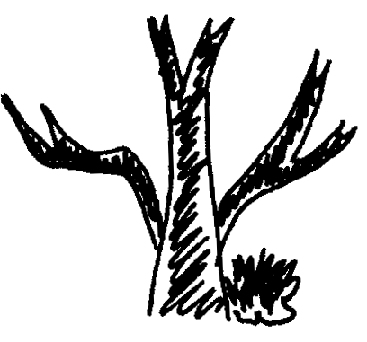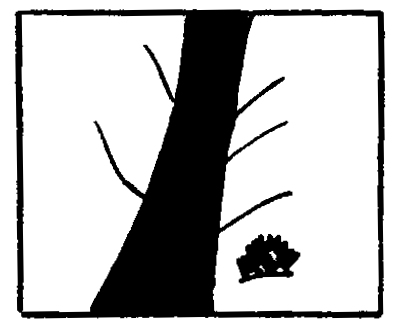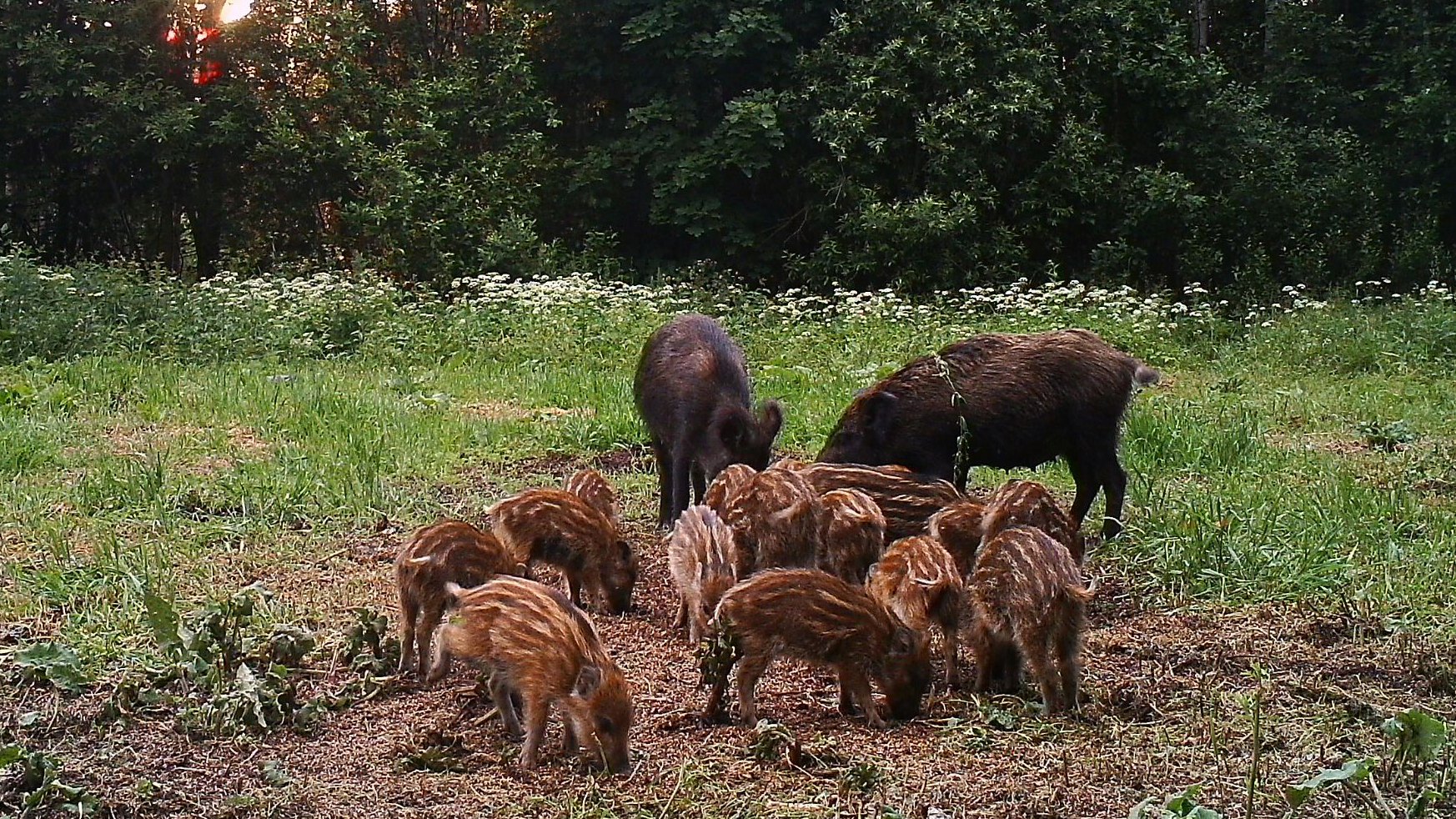Loomad
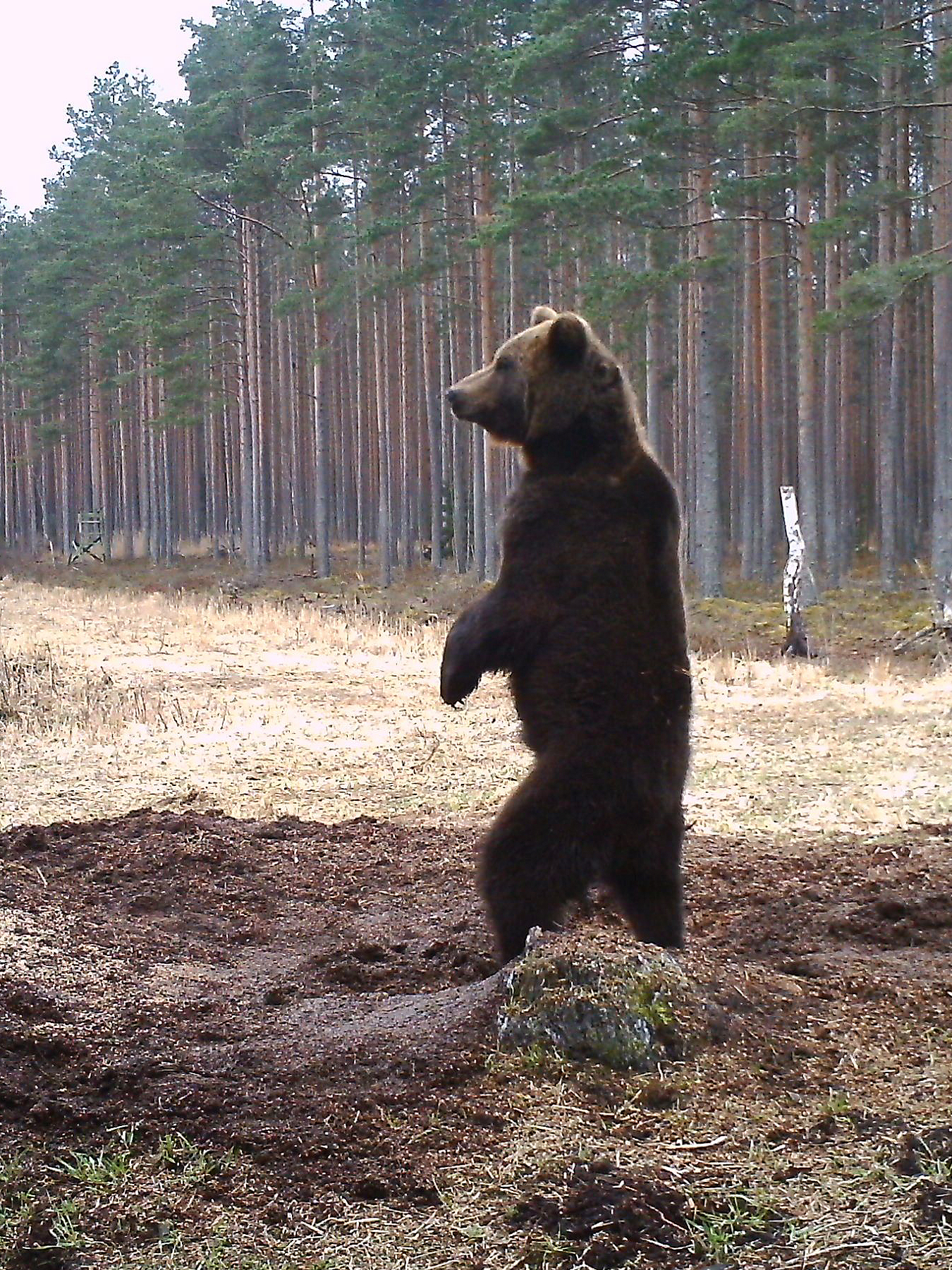
Enne jõulu läks talumees metsast puid tooma. Oli sügav lumi. Hobune sumas lausa kõhust saadik lume sees. Jõudis metsa, raius mõned puud ja sõitis pooltühja reega kodu poole tagasi. Said natuke maad edasi, tundis mees, et keegi istub tema selja taga. Vaatab mees tagasi, näeb: vana mesikäpp karu istub ilusasti ree peal, selg mehe poole. Mees mõtles, et võtan kirve ja äigan korra, saan toreda tekinaha – aga ei ole end liigutanud, vaid sõitis vaiksel viisil edasi. Kui ta oli õueväravast sisse sõitmas, tõusis karu reelt ja läks oma teed. Hommikul välja minnes nägi mees, et tema ukse kõrval seisis mesipuu, mille ümber nägi palju karujälgi. Nii sai peremees aru, et see on karu toodud – tasuks hea sõidu eest.
A farmer went to fetch wood from the forest before Christmas. There was deep snow. His horse waded through it all the way up to its belly. He went into the forest, cut down a few trees, and started heading home with his sledge half-empty. After riding for a little while, the man sensed someone was sitting behind him. The man looks back and sees an old honey-paw bear is sitting nicely on the sledge, his back towards the man. The man reckoned: I’ll take my axe and strike once, then I’ll make a marvellous blanket from its hide – but he didn’t stir all the same, and he simply rode onward. When he was passing through the gate to his yard, the bear got off the sledge and went on its way. When the man went out in the morning, he saw a beehive standing next to his door with a lot of bear tracks around it. The man realised it had been brought by the bear – as payment for the good ride.
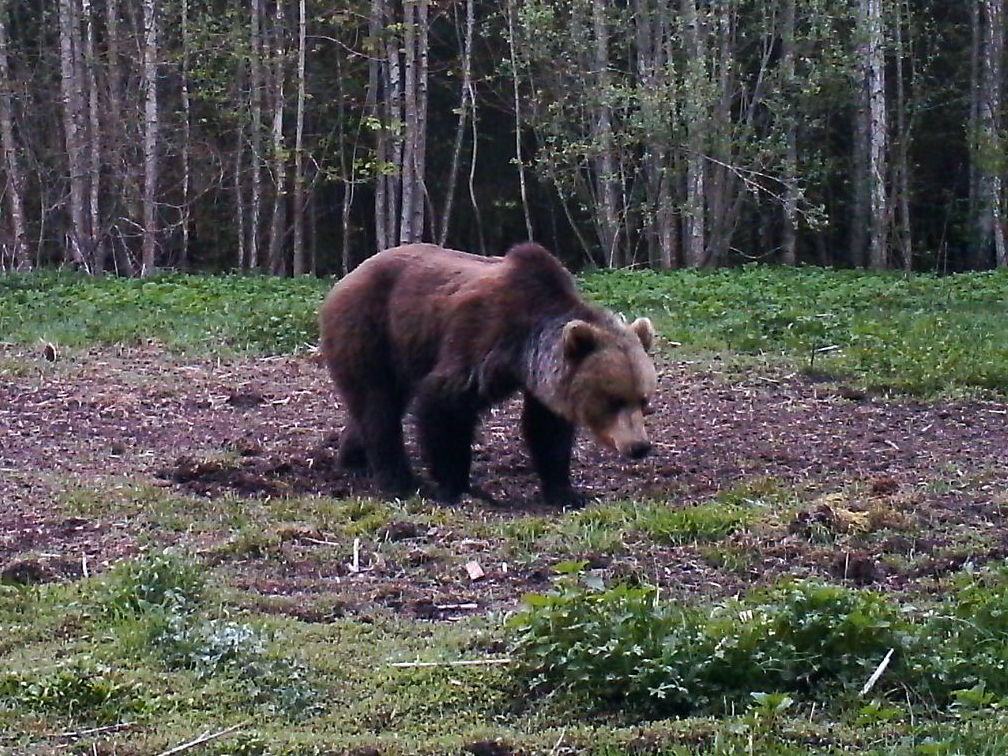
Kui karu üteldi vanast kaeras käivad, siis usti seda kindlaste, et karu toovat kaerale tulu, jätku juurde. Ehk karu kaeras käimine õnnistanud vilja ja toovad tulu.
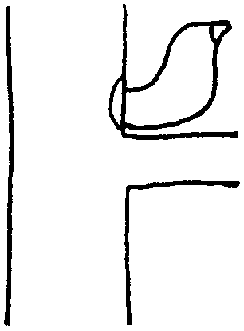
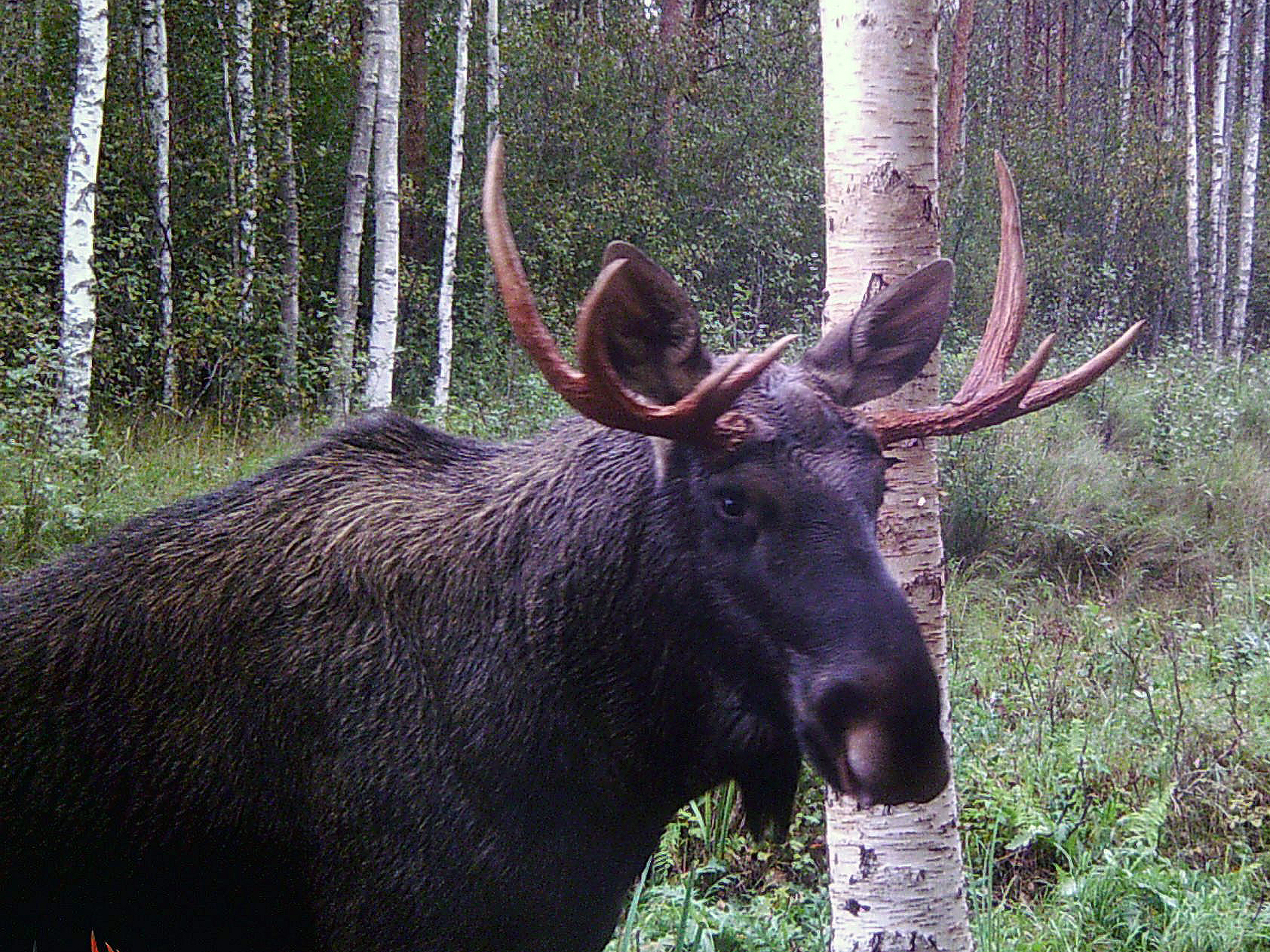
Põdravasikas, põdrapull, sokk.
Moose calf, moose bull, he-goat.
